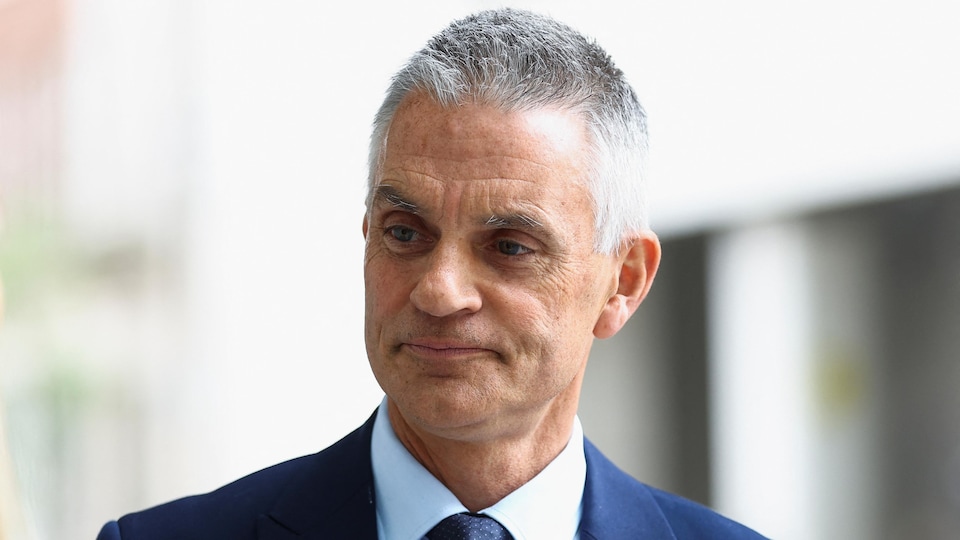Under budgetary pressure from the British state, the BBC is cutting 1,000 jobs and accelerating its digital transformation, with a radical plan that will result in the integration of its national and international news channels as well as the transition online a few others.
Subject to several austerity plans in recent years and faced with the aging of its viewers, the public audiovisual giant, the institution whose influence extends beyond Britain’s borders, has seen its financial horizon deepen. this year. on the Conservative government’s decision to freeze royalties for two years.
The new measures announced Thursday by the institution in a press release aim to save 500 million pounds per year (805 million Canadian dollars), including 200 million to fill most of the gaping hole dug by this decision.
The rest must invest in digital to build a digital-first BBC, something really new […] a positive force for the UK and the worldsaid general manager Tim Davie, speaking to staff.
In particular, the creation of a news channel on BBC News is planned for British and international audiences, which are currently separated, while maintaining the possibility of broadcasting unique content according to events.
The group will stop broadcasting the children’s channel CBBC (for 6 to 12 year olds) and its cultural channel BBC 4, whose content will move online.
Some foreign language services will also go online only, while longwave radio broadcasting will be eliminated after consultations with maritime services.
In total, this would mean 1,000 fewer jobs, from the current total of approximately 22,000 employees.
The group has set its own goal of reaching 75% of its audience through its iPlayer digital platform.
Investments will be made for content intended for this platform and that reserved for BBC Sounds audio content, which will eliminate less -than -great content.
Difficult relationship with the Johnson government
the venerable Beeb is going through a difficult period due to turmoil in the consumption habits of its audiences, the emergence of Netflix or Disney+, and difficult relations with conservative power, exacerbated recently by Nadine’s appointment to the Ministry of Culture Dorries, openly against public broadcasting.
In January, the latter withheld payments (159 pounds, or 256 Canadian dollars) for two years and questioned the long -term safety of this unloved form of funding, especially during a period of historic inflation.
The conservative power accuses the BBC of covering Brexit in a biased way, with a bias towards leaving the European Union.
He criticized it generally for being centered on the concerns of the urban elites rather than the working classes, attacks that are receiving a favorable echo on the part of conservative voters and tabloids that are killing wokism and quickly attacked the BBC.
The announcement of this change plan coincides with the launch of the public group’s mission review by Nadine Dorries, a highly conservative personality, author of critically acclaimed novels and one of Boris Johnson’s most loyal ministers during the scandals. .
This work aims to make the BBC more neutral, easier to access and like that more reflective of different opinions. They should lead to the legal obligation of 25% of staff from the working classes and the making of most programs outside London by 2027.
This time, the government confirmed that it wanted to study the feasibility to remove the fee from 2028.
The group’s leadership said this week it was open to all options, including a subscription-based model for entertainment or drama, which chairman Richard Sharp pointed out the BBC was facing. an existential question.
In addition to the BBC, the government has caused a stir recently by announcing that it wants to privatize Channel 4, which is state-owned but funded by advertising. It returns its profits to creation, with successful innovative programs or series, hence the concern of cultural circles about its fate.
Source: Radio-Canada
